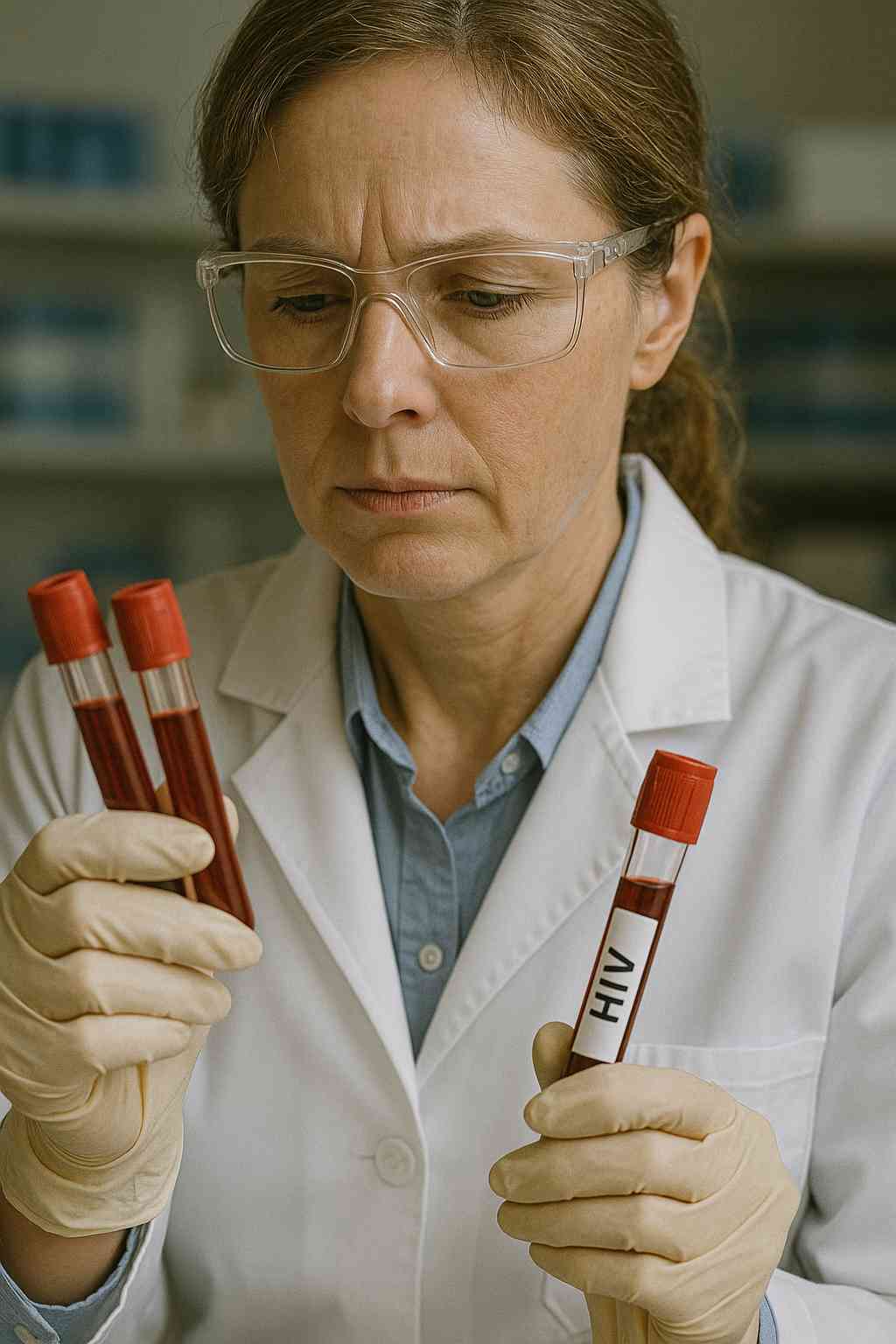What are the Symptoms of AIDS?
There are no common symptoms for individuals diagnosed with AIDS. When immune system damage is more severe, people may experience opportunistic infections (called opportunistic because they are caused by organisms…
Read More...




